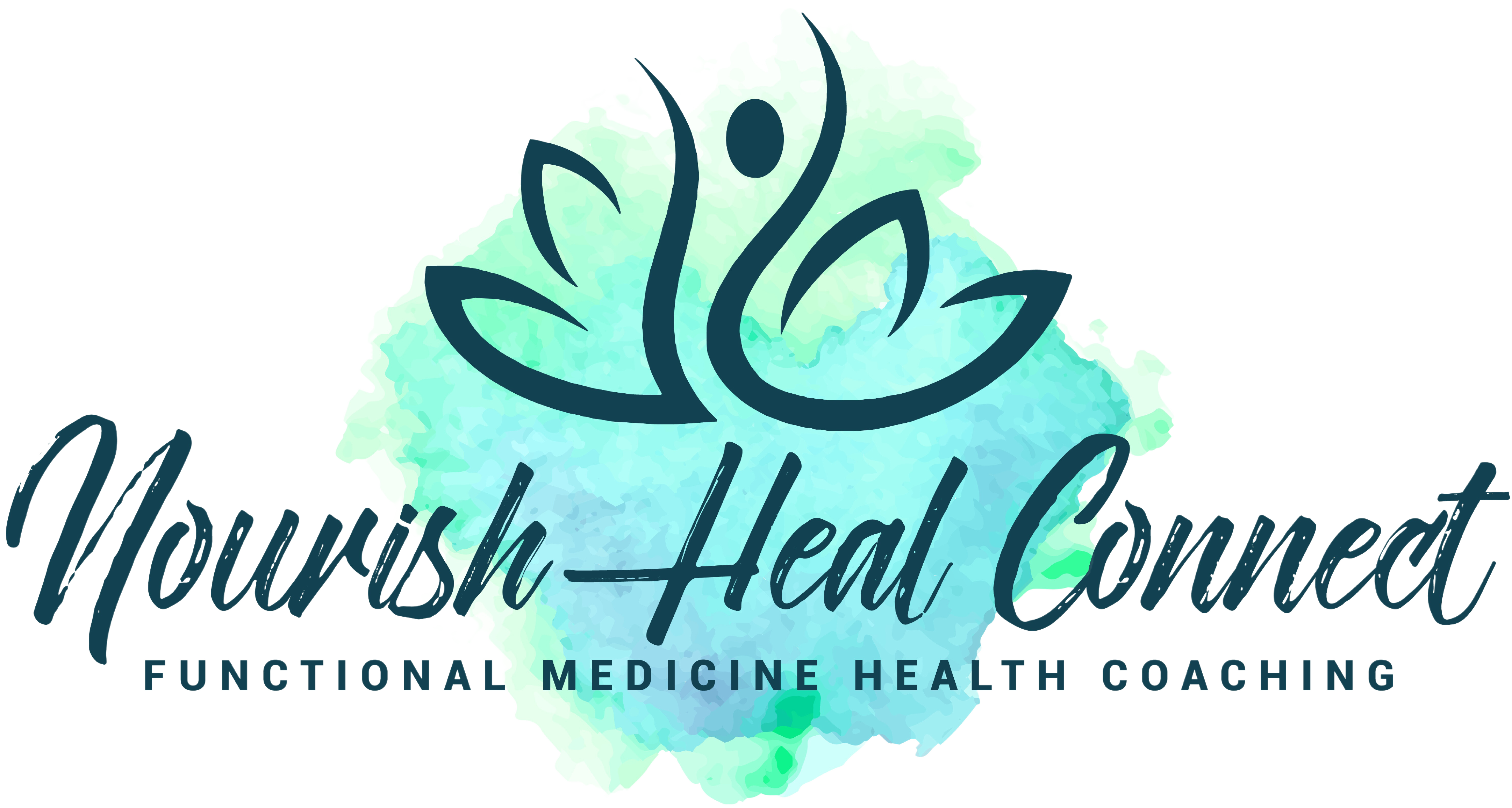Why eliminating foods from your diet should not be your goal, this should be
“What if the diet plan is too rigid and too hard for me to follow?”
This is one of the most common concerns that I have come across in my practice. Most people now realise that the food we eat has a very big role to play in our health. We realise that some of the foods that we may be consuming can be contributing to our health issues and need to be eliminated at least for a while.
It’s quite understandable if you have similar concerns.
You may be also asking yourself
“Will I really be able to eliminate all these foods from my diet?”
“I have tried different diets before to help me with my health issues, what if this doesn’t work like the others?”
“I am already off so many foods due to my allergies and foods that make me feel sick, what else is left to eliminate?”
“What will I eat when I go out with my friends?
If you are asking any of these questions, know that you are not alone.

Why elimination is NOT the goal
There is some level of confusion around the kind of diet that will help us heal from a chronic illness. The most common term that is used is the word “elimination”.
Foods like gluten, dairy, corn and other foods tend to be a problem for many people with chronic illnesses. These are foods that are typically eliminated for a while to help the body restore balance.
Unfortunately, we lose sight of the true purpose of such a diet and look at it as an end goal.
Eliminating foods from your diet should never be your end goal, nourishing your body with the right foods IS. Your body needs your support and you are going to give it what it needs to heal, to reverse your symptoms, to get better.
Yes, it will certainly include eliminating certain foods for a while. I have written more about this earlier in a post here.
But more than that it is about having the right kinds of foods that supplies all the nutrients and brings your body back into balance and restores your health. This book will give you deeper insight into this topic.
The questions you need to ask yourself
I say this with a love but I want to point out here that most of you are asking the wrong questions.
If you are already dealing with a chronic illness, suffering and missing out on life, you should probably be asking different questions.
“How can I not afford to make these changes?
What price am I paying by not supporting my body’s healing process?
What am I giving up on?”
These are some of the questions you need to be asking yourself.
You see, most people are only focused on the most obvious things they are giving up on. They focus only on having to give up their favourite foods like gluten, dairy, sugar, coffee to name a few.
They also know that they have to change how they socialise with their friends and their lifestyle and it’s hard.
I get it.
What they don’t often realise is the price that they have to eventually pay. If they don’t provide their body with key nutrients like minerals, vitamins, and phytochemicals, then their bodies can’t produce them from thin air.
As a result, they are and remain malnourished, fatigued, in pain and living a diminished quality of life.
But they may fail to take into account the real price that they pay.
They pay a price in terms of missing out on
-things that they used to love and enjoy- dancing, painting and other such activities.
-playing with their children, spending time with their families and other such precious moments.
– big parts of their life.

Moving from a “deprivation” to a “healing” mindset
There are other factors that contribute to disease progression. Things like poor digestion and absorption, toxin exposure and detoxification capabilities, chronic infections, chronic stress and much more. All of these may be factors in any chronic illness.
We know now that food is medicine. Food has the power to heal us to move us towards disease. But it is hard to make and sustain dietary changes unless we develop the right kind of mindset.
The right mindset allows us to accept and embrace food as medicine so that we can support our body’s healing process.
However, it means that we need to move away from a mindset of “deprivation” to a mindset of “healing”. This is one of the single biggest reasons that people often get stuck while trying to get better.
This is something that many of my clients struggle with. I have found that the most effective way to help them deal with this is to change one word
Rather than saying
“ I have to remove these foods from my diet”
I teach them to say
“I get to remove these foods from my diet because it will help me to get better”
Replacing the word “have” with the word “get” makes a world of a difference. It shifts your perspective and helps you to remember why you started on your healing journey in the first place. Why is it important for you to make all these changes?
And what you may lose out on if you don’t.
are consuming plays an equally important role
As Dr Mark Hyman has reminded us,
“We know that food is medicine, perhaps the most powerful drug on the planet with the power to cause or cure most disease”
